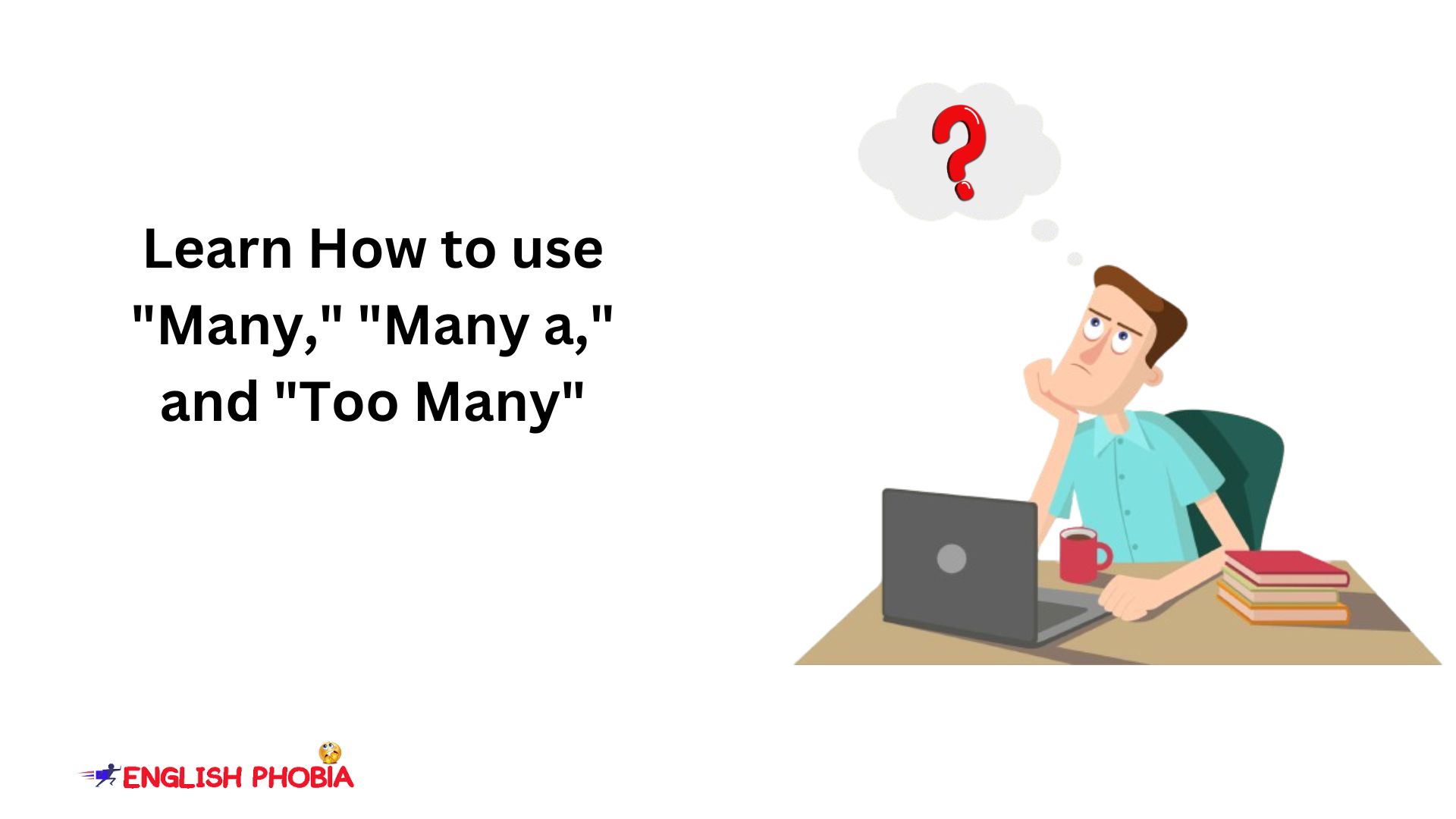1. By the time she arrives, they ________ dinner.
“Scroll Down for More Questions and Comment your Score”
Do you wish to take your English language skills to the next level? If yes, learning the different parts of English grammar including the future indefinite tense is an amazing way to do it.
Learning English grammar can be both challenging and rewarding, especially when it comes to understanding different verb tenses. One such tense that adds depth and precision to our
conversations is the future perfect tense.
In this article, we will learn the different rules of the future perfect tense with examples. We also have an interesting quiz to test your knowledge practically.
What is Future Perfect Tense?
We use the future perfect tense to describe different events or situations that we expected to happen in the future. We use this tense to describe completed actions or situations that are expected to occur before a certain point in the future.
For example,
They will have reached Jammu Kashmir by sunset.
Understanding the Future Perfect Tense
We use the future perfect tense to show an action that will occur at a certain point in the future. We use “Will Have + V3” (with the past participle of the verb) to make a sentence. This tense allows us to talk about actions that will have already happened at a specific time in the future.
Future Perfect Tense Formula
Formation: We use the helping verb “Will Have + V3” with the main verb in the past participle form.
For example,
By tomorrow, I will have recorded my YouTube short video.
Formation of the future perfect tense in English.
We use the helping verb “Will Have + V3” with the main verb in the past participle form.
|
Sentences |
Subject | Auxiliary |
| Assertive | I | Will Have |
| We | Will have | |
| Negative | You | Will not have |
| They | Will not have | |
| Interrogative | ||
| Will | He | Have |
| W.H.F + Will | It |
Have |
Look at some examples in different types of sentences.
Assertive sentence:
By the time Neha finishes her work, I will have written my article.
Negative sentence:
I will not have finished my project by tomorrow.
Interrogative sentence:
How will you have completed your chores by the time I come back?
So, in short, the future perfect tense is formed by using “will” with the past participle form of the main verb to talk about an action that will be completed in the future.
Rules of the Future Perfect Tense
The future perfect tense is used to talk about an action that will be completed at a specific time in the future. Let’s discuss where we can use these sentences to talk about future sentences.
Time References: The future perfect tense is often used with time expressions such as “by,” “by the time,” or by the year/month/week. This help make the specific point in the future when the action will be completed.
For example,
By the time she arrives, we will have already left.
Completion of an Action: The future perfect tense emphasizes the completion of an action before a particular time or event in the future. It allows us to show that something will have been finished or achieved.
For example,
My teammates will have finished their tasks before the deadline.
Future perfect tense examples
1) By the end of the week, the students will have graduated from university.
2) My wife will have traveled to different countries by the time she turns 40.
3) By tomorrow morning, Rakesh will have covered his loss in stock marketing.
4) They will have been married for ten years next month.
5) By the time I arrive, they will have already started the meeting.
Quiz: Test Your Future Perfect Tense Knowledge!
Let’s put your understanding of future perfect tense exercises to the test. Choose the correct future perfect tense form for each sentence below
2. We ________ the movie before it starts.
3. ________ you have finished your project by tomorrow?
4. They ________ to the beach before the storm hits.
5. By next year, she ________ in London for ten years.
6. ________ they have completed the task before the deadline?
7. She ________ the book before the release date.
8. I think he ________ the race by the time we arrive.
9. By this time next week, they ________ their exams.
10. ________ you have ever traveled to Europe by next summer?
11. By tomorrow morning, they ________ for their trip.
12. ________ they have left for the concert before you arrive?
13. He ________ in the army for five years by the end of this month.
14. By next summer, we ________ the new house.
15. ________ she have finished her homework before going out to play?
16. They ________ their degrees by the time the graduation ceremony takes place.
17. By the time I wake up, he ________ for work.
18. ________ you have visited that museum before it closes?
19. I’m sure she ________ the top score in the competition.
20. By next month, they ________ their new business venture.
Conclusion
Congratulations on learning the future perfect tense rules and examples!
By understanding how to use this tense correctly, you can increase your English language skills and communicate with greater precision. Don’t forget to learn Future Continuous Tense to boost your knowledge about the future tense. With time and practice, mastering the future perfect tense will become second nature, opening up new possibilities for expressing yourself confidently in English speaking.








.jpg)



